Yesterday we had a conference paper accepted by the EUPHA (European Public Health Association) International Conference. When the paper was originally submitted to the EUPHA Health Workforce Research Section Mid-term Conference we had opted for an oral presentation in person at the conference in Romania this summer. However, with the COVID-19 pandemic travelling to Romania to attend this conference is not an option for many (if not most) academics. Therefore the organising committee took the initiative to re-arrange it as a virtual meeting. Further good news for us is that participation will be free.
Of course, I am aware that some of the strengths of attending conferences include having unexpected discussions (often in the bar) with fellow academics and being away from the day job. At the moment being forced to choose between postponing or cancelling a conference or changing to a virtual meeting conference organisers may want to reflect on “… ask how conferences make a difference.” This question was originally raised in the book Academic Conferences as Neoliberal Commodities by Donald Nicholson [1].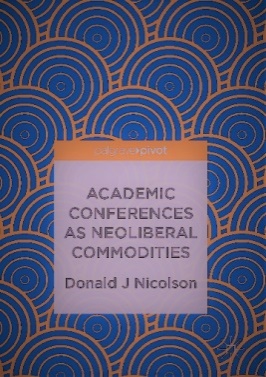
We should have moved to more virtual meetings and online conferences much sooner, but it is easy to say with hindsight! The COVID-19 crisis has thought us that virtual classrooms, internet-based tutorials, Zoom meetings and online conferences can work, albeit with their limitations. It is worth considering the return of investment of a conference [2] not just for the conference organisers (and funders) but also individual academics as less travel will be saving time and society as reducing travel, especially international flights, will improve our carbon foot print.
Prof. Edwin van Teijlingen
Centre for Midwifery, Maternal & Perinatal Health (CMMPH)
References
- Nicolson. D.J. (2017) Academic Conferences as Neoliberal Commodities, Palgrave Macmillan.
- Nicolson. D.J. (2018) Guest post by Donald Nicolson: The problem of thinking about conferences and Return on Investment (ROI)
 On 6 April, BU launched a COVID-19 internal competition, with a call for EoIs. This opportunity is open to all staff. The EoI deadline is at 23.59 on Tuesday, 14 April, and the winners will be announced on Tuesday, 20 April.
On 6 April, BU launched a COVID-19 internal competition, with a call for EoIs. This opportunity is open to all staff. The EoI deadline is at 23.59 on Tuesday, 14 April, and the winners will be announced on Tuesday, 20 April.



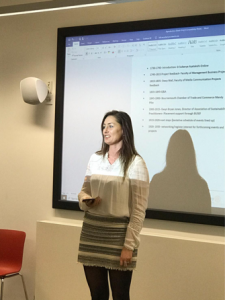
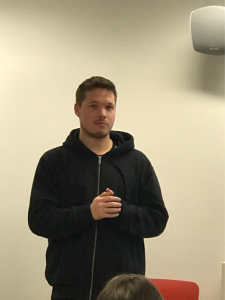
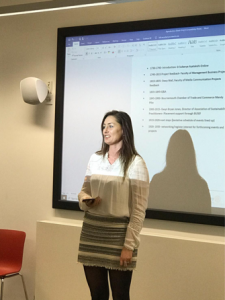
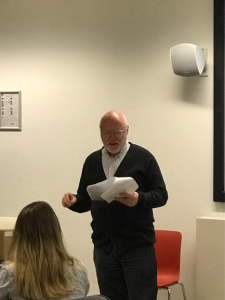
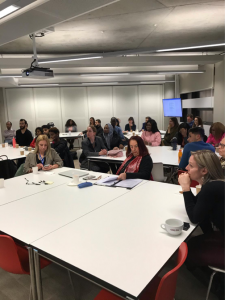
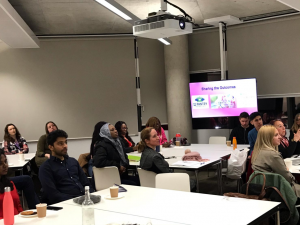
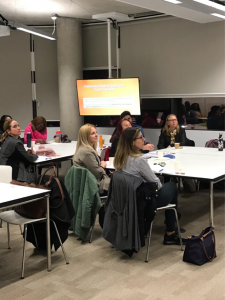

















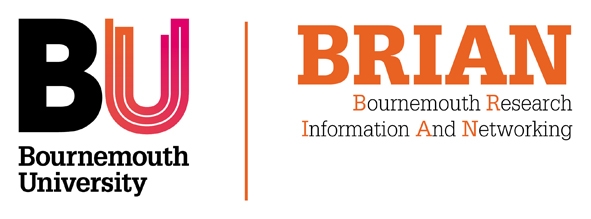




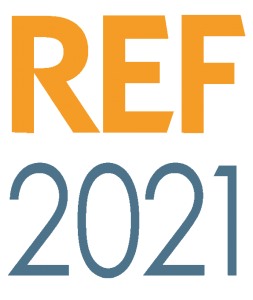
 With the aid of QR funding (Faculty of Management), I conducted field-research in Ubud, Indonesia in July 2019. I went into the field with two research questions, linked to poverty alleviation and sustainable community development. What is the impact of spiritual/wellness tourism on local people and communities in Ubud? What are the strategies that can help provide micro-entrepreneurship opportunities for the poor? I interviewed multiple stakeholders including a former Indonesian Minister of Tourism, a spiritual leader in Ubud, a representative of the Ubud home stay association, local yoga teachers and other private/public stakeholders. I also talked to a representative of a rural orphanage.
With the aid of QR funding (Faculty of Management), I conducted field-research in Ubud, Indonesia in July 2019. I went into the field with two research questions, linked to poverty alleviation and sustainable community development. What is the impact of spiritual/wellness tourism on local people and communities in Ubud? What are the strategies that can help provide micro-entrepreneurship opportunities for the poor? I interviewed multiple stakeholders including a former Indonesian Minister of Tourism, a spiritual leader in Ubud, a representative of the Ubud home stay association, local yoga teachers and other private/public stakeholders. I also talked to a representative of a rural orphanage.
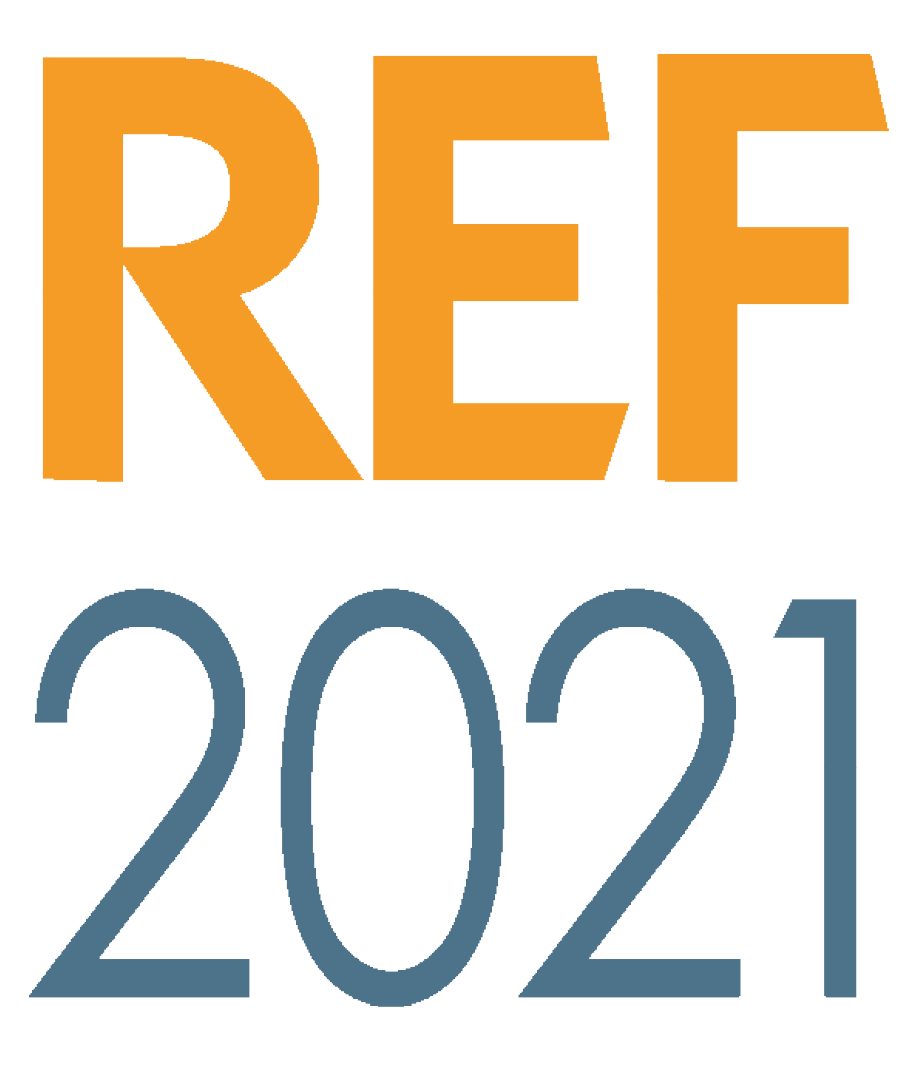
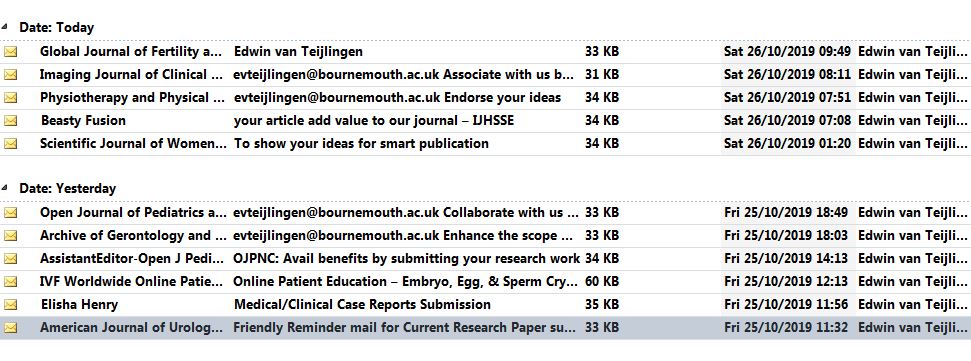
 As usual, RDS will host an annual UK Research Office visit to BU in 2019. This year’s event has been scheduled for November; the reason is obvious – Brexit!
As usual, RDS will host an annual UK Research Office visit to BU in 2019. This year’s event has been scheduled for November; the reason is obvious – Brexit!


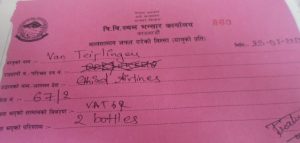












 Upcoming opportunities for PGRs – collaborate externally
Upcoming opportunities for PGRs – collaborate externally BU involved in new MRF dissemination grant
BU involved in new MRF dissemination grant New COVID-19 publication
New COVID-19 publication Conversation article: London Marathon – how visually impaired people run
Conversation article: London Marathon – how visually impaired people run MSCA Postdoctoral Fellowships 2024
MSCA Postdoctoral Fellowships 2024 Horizon Europe News – December 2023
Horizon Europe News – December 2023